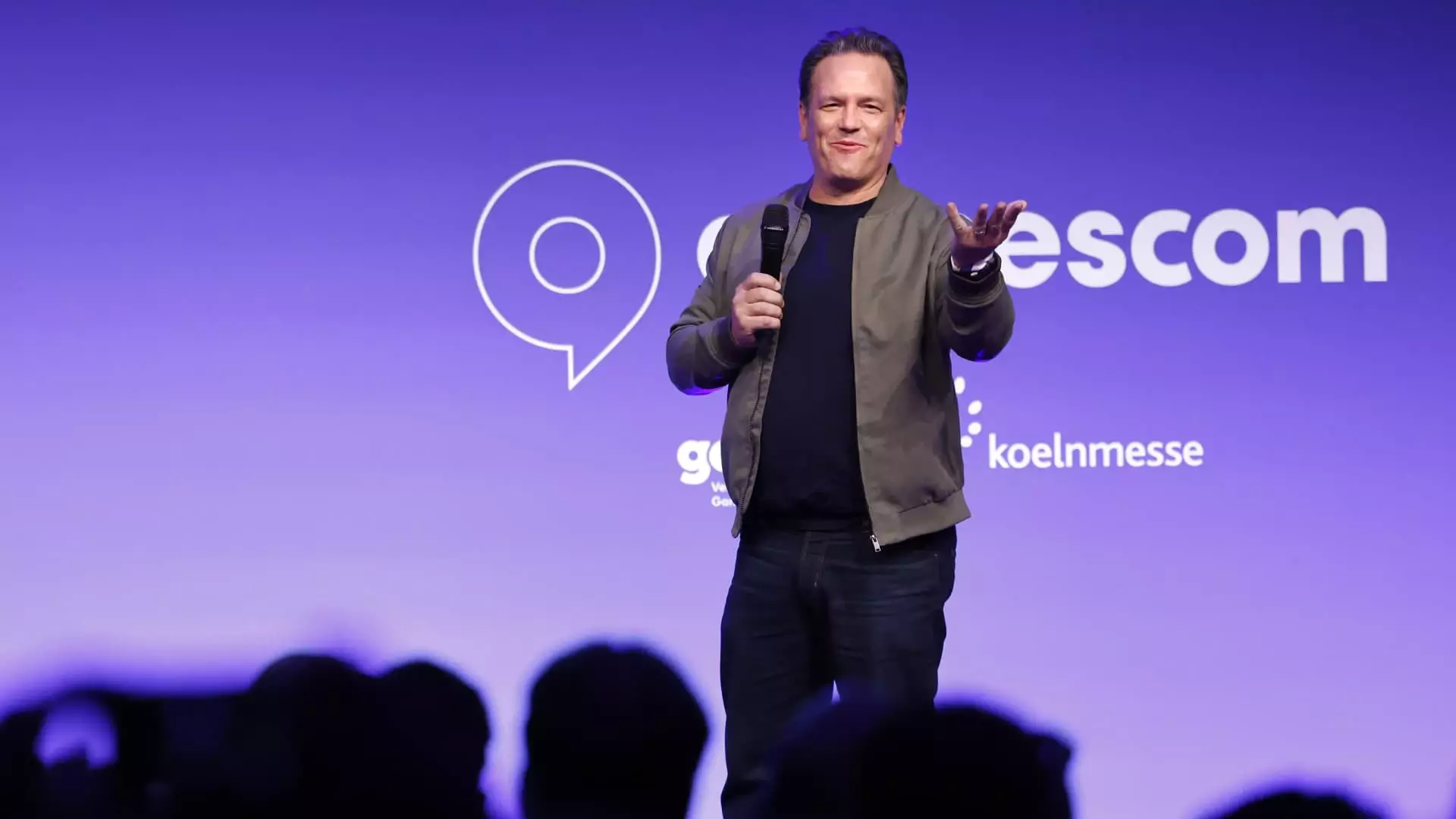This November, Microsoft is set to change the landscape of mobile gaming by allowing users to purchase and play video games directly through its Xbox app on Android devices. This initiative follows a recent U.S. court ruling mandating that Google provide alternatives to its Play Store on Android. The implications of this ruling are significant for both developers and consumers, as it opens the door for greater accessibility and purchasing flexibility across the Android ecosystem.
The catalyst for Microsoft’s enhanced mobile strategy stems from a lawsuit where Google lost to Epic Games, the powerhouse behind Fortnite. The ruling empowers users by challenging Google’s longstanding monopoly over app distribution on Android. Sarah Bond, head of Microsoft’s Xbox business, emphasized the benefits of the decision, highlighting how it adds more choice and flexibility for gamers. Microsoft’s approach enables Android users to buy Xbox games directly, circumventing Google’s commission on in-app purchases, thereby increasing profit margins for developers.
Historically, Microsoft has faced challenges in establishing a foothold in the mobile gaming arena. Unlike its competitors, Google and Meta, Microsoft has had a slow start in mobile app development post-antitrust scrutiny from the U.S. Justice Department. CEO Phil Spencer previously acknowledged the necessity of capturing mobile players if Xbox is to flourish. Following the $75.4 billion acquisition of Activision Blizzard in October 2023, Microsoft’s strategic pivot towards mobile gaming underscores its intent to evolve and gain relevance in a sector dominated by its competitors.
Under the forthcoming changes, subscribers of the Xbox Game Pass Ultimate will benefit significantly from the new purchasing options available through the Xbox app. Currently, these users can already stream games via a separate app, evidence that Microsoft is aiming to create a seamless gaming experience across devices. The integration of purchasing capabilities directly within the Xbox app could further entice gamers, especially given the increasing popularity of subscription models in the gaming industry.
While the rollout on Android seems set for success, Microsoft has not announced similar plans for Apple’s iOS devices. The antitrust case against Apple, which accuses the company of monopolistic practices via its App Store, looms over potential developments. Existing restrictions have so far prevented Microsoft from extending its mobile gaming reach into the iOS ecosystem—an area where user engagement is notably high. Currently, Game Pass Ultimate users can stream games through web browsers on Apple devices, but the limitations imposed by Apple’s policies continue to present challenges.
Microsoft’s decision to empower gamers on Android signifies a turning point in the mobile gaming industry. As the playing field begins to level due to emerging legal precedents challenging monopolistic practices, the potential for increased competition and innovation in game distribution is palpable. As gamers eagerly await the launch in November, Microsoft’s push into mobile could herald a new era, where the boundaries between console and mobile gaming continue to blur, ultimately benefiting players worldwide.


Leave a Reply